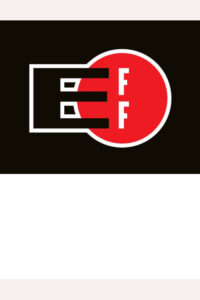
Big Dummy’s Guide To The Internet
This is where screen capturing and logging come in. When you tell your communications software to capture a screen, it opens a file in your computer (usually in the same directory or folder used by the software) and “dumps” an image of whatever happens to be on your screen at the time. Logging works a bit differently. When you issue a logging command, you tell the software to open a file (again, usually in the same directory or folder as used by the software) and then give it a name.
Then, until you turn off the logging command, everything that scrolls on your screen is copied into that file, like recording on videotape. This is useful for capturing long documents that scroll for several pages — using screen capture, you would have to repeat the same command for each new screen. Terminal emulation is a way for your computer to mimic or emulate how other computers put information on the screen and accept commands from a keyboard.
Read or download Book
Electronic Frontier Foundation
The Electronic Frontier Foundation (EFF) is an international non-profit digital rights group based in San Francisco, California.
Biography
The foundation was formed on 10 July 1990 by John Gilmore, John Perry Barlow, and Mitch Kapor to promote Internet civil liberties. The EFF provides funds for legal defence in court, presents amicus curiae briefs, defends individuals and new technologies from what it considers abusive legal threats, works to expose government wrongdoing, provides guidance to the government and courts, organizes political action and mass mailings, supports some new technologies which it believes preserve personal freedoms and online civil liberties, maintains a database and web sites of related news and information, monitors and challenges potential legislation that it believes would infringe on personal freedom and fair use and solicits a list of what it considers abusive patents with intentions to defeat those that it feels without merit.






